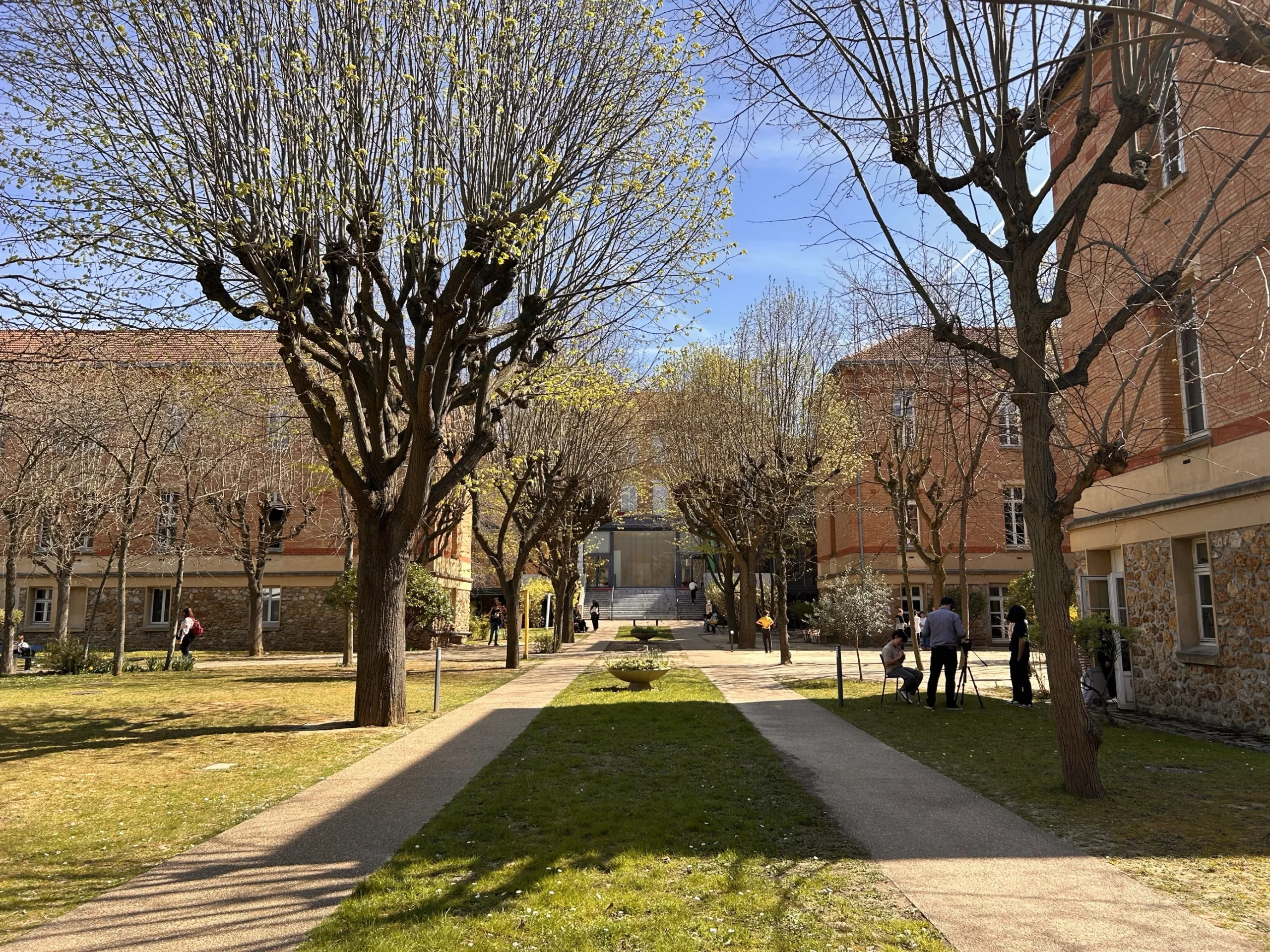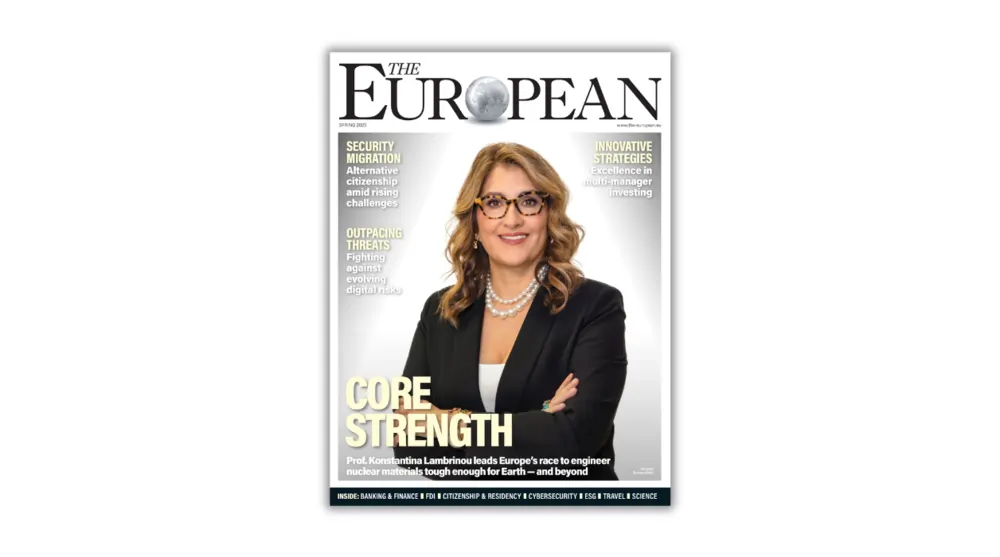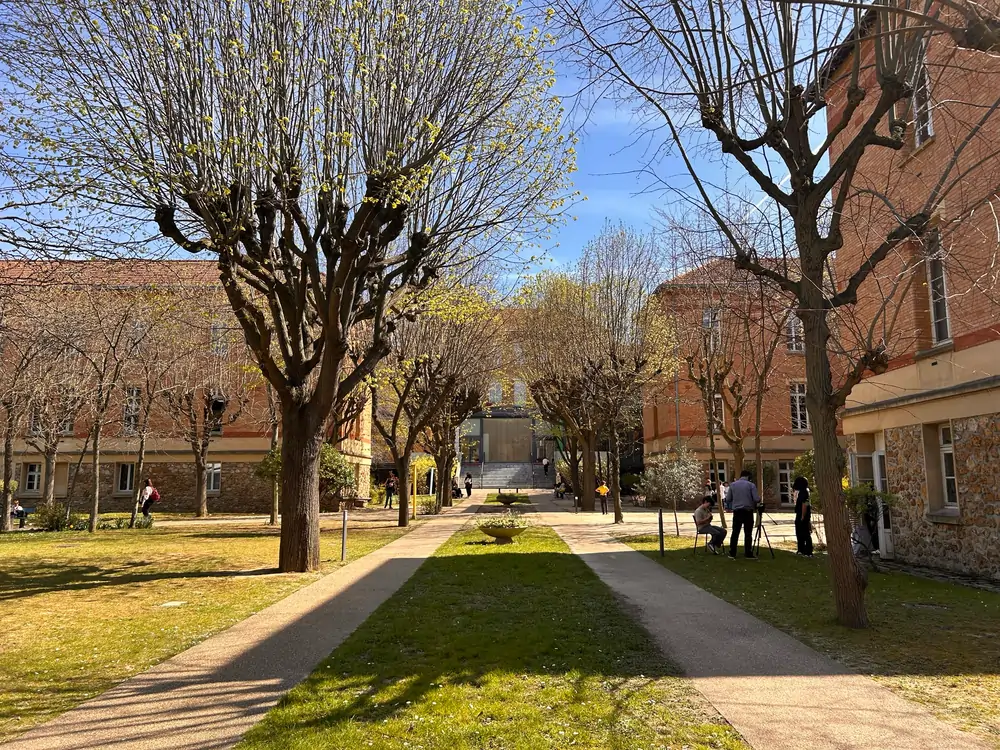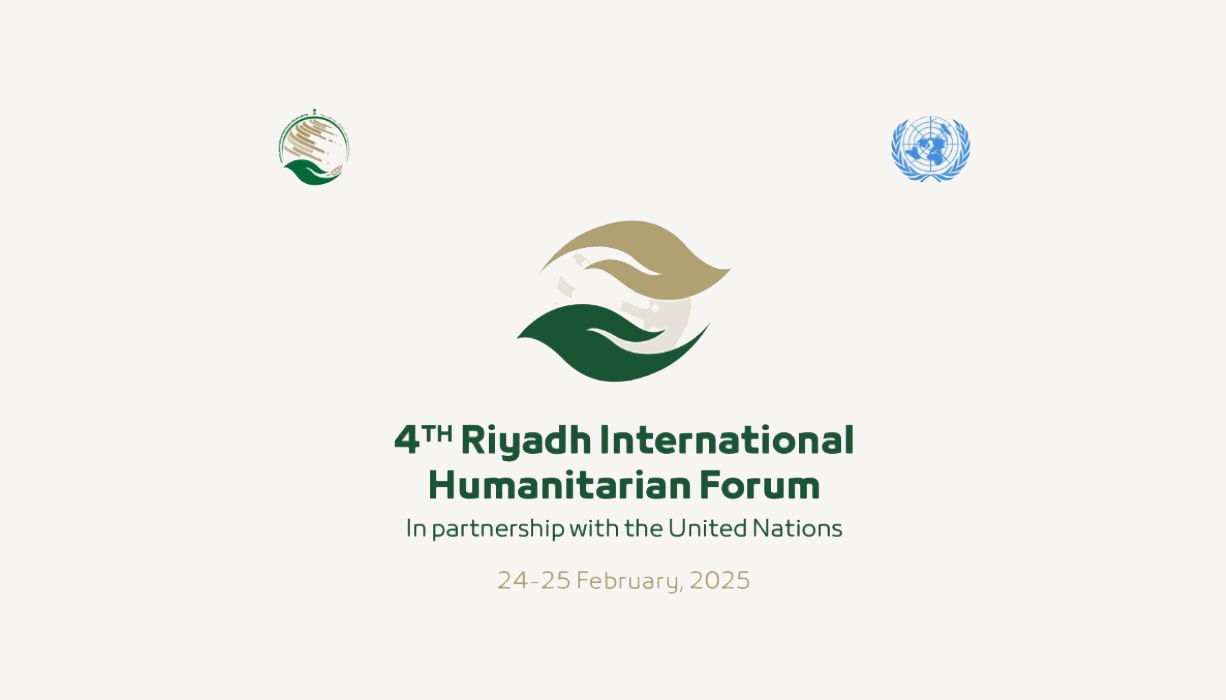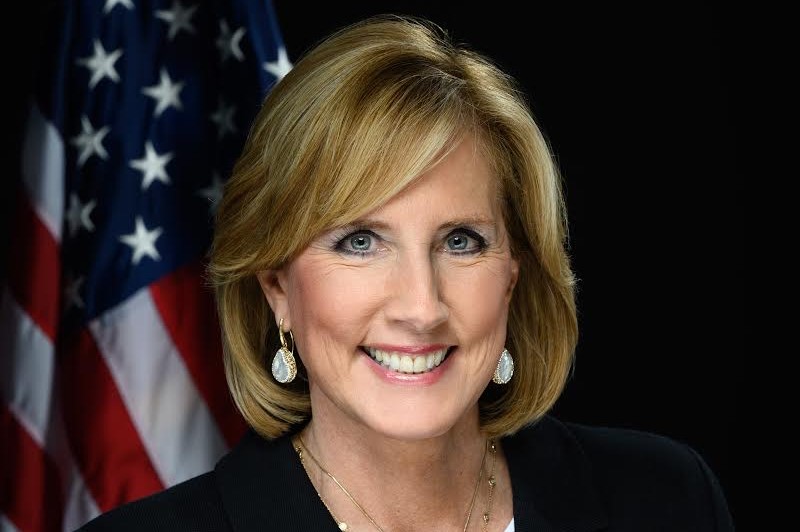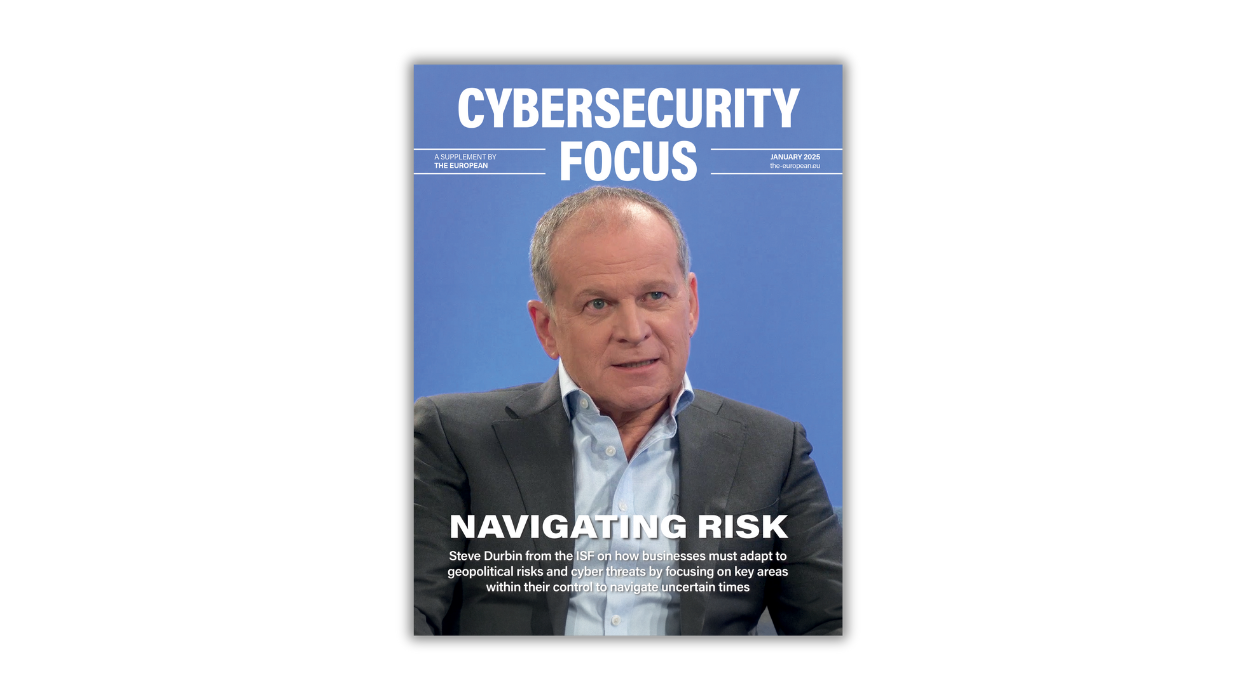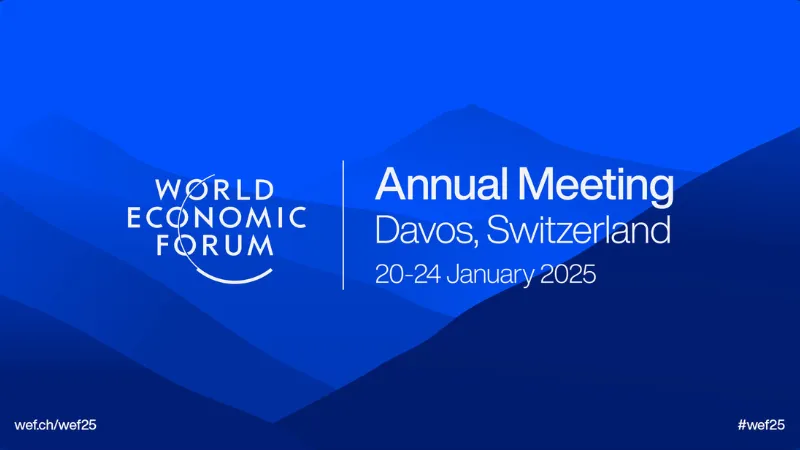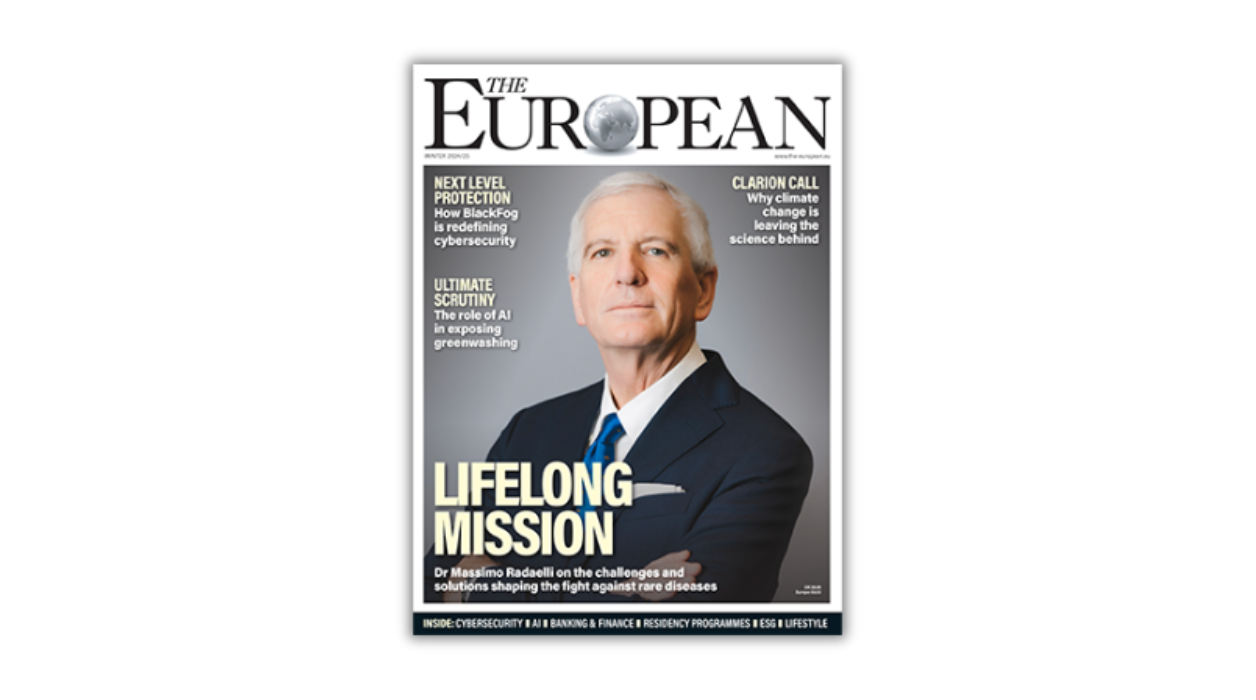Taking the risk out of BOP ventures

John E. Kaye

Despite growing demand, base-of-the-pyramid entrepreneurship is witnessing a lack of support, say Stephan Manning and Stanislav Vavilov, who examine how and why this must change
Entrepreneurs who operate in emerging economies often find that they need to go all around the world to secure support for their new ventures. For example, Betty Ikalany, a successful Uganda-based entrepreneur, runs a new venture called AEST, which makes energy-efficient cook stoves for rural communities. In 2017, The Global Alliance for Clean Cookstoves announced Betty the winner of the inaugural ‘Woman Entrepreneur of the Year’ award. Since then, she has been using her success to inspire future female entrepreneurs in sub-Saharan Africa. But her current success was not foreseeable when Betty started. Despite having a great idea, Betty initially had difficulty attracting funding in Uganda. It was only after she applied for a fellowship programme at MIT D-Lab, a development university centre in Cambridge, Massachusetts, as well as other mission-driven international funding programmes, that her entrepreneurial journey took off. These programmes also led Betty to increasingly adopt an impact orientation, which is now part of her entrepreneurial identity.
Betty’s story is symptomatic of an important dilemma facing entrepreneurs who develop products and services for base-of-the-pyramid (BOP) markets. BOP markets are made up of large populations of low-income consumers in marginalised communities, often located in emerging economies. The demand for BOP products and services – in areas such as energy and water supply, education and sanitation – has grown in magnitude and importance in recent years, not least because they fill a void left by mainstream firms and financially constrained governments. Some firms such as dLight, Sanergy, and Bridge International Academies have become very successful in serving BOP markets. Yet, despite their growing potential, BOP markets are often perceived as not “lucrative” from the viewpoint of new ventures and traditional investors, such as angel investors and venture capital firms. Traditional investors consider BOP ventures to be extremely high risk – compared to new ventures serving high-end markets. What’s more, BOP markets are often located in countries that lack entrepreneurship support structures, which makes it very difficult for BOP entrepreneurs to get funded.
Facing this dilemma, entrepreneurs like Betty are forced to reach out to alternative funding sources which are often located outside their home countries. Luckily, the funding landscape for BOP entrepreneurs has been changing in recent years. New players have emerged which will change entrepreneurship support practices especially for BOP markets. These support organisations combine entrepreneurship support with a strong social impact and development orientation. In our recent study in Research Policy we call them international development-focused entrepreneurship support organisations (iDFESOs) and examine how they operate and what support infrastructures they have developed to effectively help BOP entrepreneurs.
Who are these iDFESOs?
The iDFESO landscape is rather fragmented and diverse, including development agencies, non-governmental organisations (NGOs), university centres and venture philanthropies. Most of them are headquartered in the Global North, whereas their target markets reside in the Global South. One example is the university centre MIT D-Lab which specialises in mentoring BOP entrepreneurs and local entrepreneurship support organisations. Another example is Blue Haven, a venture philanthropy that provides grants and philanthropic investments into organisations and companies with a clearly defined social mission. A third example is Impact Hub, a global franchise network that supports impact-oriented ventures by connecting them to investors and business partners.
iDFESOs are part of a global network of organisations that share an interest in promoting social and economic development through entrepreneurship. On the one hand, they are often funded by major development organisations, such UNDP and USAID, and foundations, such as the Bill and Melinda Gates Foundation. On the other hand, they typically work with local partner organisations in the Global South, such as local accelerators, universities and community partners. In addition, they often turn entrepreneurs like Betty into mentors and make them part of their global support network.
How do iDFESOs support BOP entrepreneurs?
In our study we find that iDFESOs like MIT D-Lab and Blue Haven support BOP entrepreneurs mainly in three different ways. First, iDFESOs often set up “individual resource channels” in line with the impact agenda of their global funding partners. Examples include cohort-based acceleration programmes as well as individual funding and coaching for selected entrepreneurs to support technology development and commercialisation and to integrate broader social impact aspects in new business models. From the viewpoint of funders, these resource channels are an important mechanism to incentivise entrepreneurs in emerging economies to explicitly consider impact goals in implementing their business ideas.
Second, iDFESOs engage in “building local capacity for supporting impact-oriented entrepreneurship” through dedicated events and networks. iDFESOs mobilise local support organisations, including universities, to engage them in preparing entrepreneurs for various impact-oriented competitions, and they engage in local network development through targeted projects. Entrepreneurs benefit from these efforts by taking part in events and becoming member of these networks, which gives them access to knowledge, funding and business partners.
Third, iDFESOs engage in establishing “transnational support infrastructures”, in particular global events and digital platforms, to facilitate knowledge sharing and networking for entrepreneurs and support organisations around the world. For example, Sankalp Forum, an initiative of the India-based social impact advisory Intellecap, organises a Global Summit and regional events, and brings together various ecosystem players to “convey global inclusive development dialogues with entrepreneurs, impact investors, corporates and governments.”
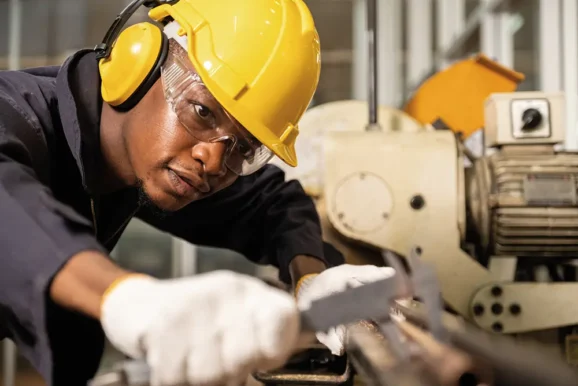
How can entrepreneurs make use of iDFESOs?
Lacking conventional funding opportunities, BOP entrepreneurs increasingly rely on iDFESOs. But how can they make use of these organisations as resources? First, many iDFESOs, such as MIT
D-Lab and VentureWell, focus on supporting ventures that develop new, affordable technology in areas like energy supply, water access, and education. Therefore, in order to make use of funding and coaching services, BOP entrepreneurs should demonstrate that their technological solutions are affordable and scalable in BOP markets.
Second, entrepreneurs need to show potential funders that there is actual demand for their technological solution in BOP settings. This demand can come from end consumers, communities, local governments, or even development organisations. Funders understand that need is not equal to demand in BOP contexts. Thus, entrepreneurs should distinguish between the need for a solution and the demand for a solution.
Third, in order to get funding and support from iDFESOs, it is critical for BOP entrepreneurs to showcase their ability to combine profitability with social impact. For example, many iDFESOs ask for specific impact goals and measurements. Fourth, BOP entrepreneurs need to know their customers and ideally already have access to BOP markets. This will help them demonstrate the feasibility of their business models. Fifth, BOP entrepreneurs should apply for funding in different regions and with different iDFESOs. The market for BOP funding is global and highly fragmented. BOP funding as a cumulative process, whereby each “funding gig” increases chances of additional funding somewhere else.
Finally, our research suggests that entrepreneurs like Betty who get funding and support from iDFESOs are often expected to also become mentors for other entrepreneurs. It is therefore important for BOP entrepreneurs to be open to becoming part of the support network.
Are iDFESOs good or bad for the Global South?
When doing our study, we were asking ourselves: is the emergence of iDFESOs a “good thing” for the Global South as it solves the funding dilemma facing BOP entrepreneurs in emerging economies such as sub-Saharan Africa? Or is it a “bad thing”, as it makes the Global South more dependent (again) from the Global North? There is no easy answer to this question.
It depends on which perspective you are taking. BOP entrepreneurs need to be pragmatic. From their viewpoint, having alternative funding opportunities from the Global North may help them get going with their business ideas. However, many entrepreneurs may not be able to access this funding market. Often, it takes prior international experience and connections to be able to identify and apply for these funding opportunities. Facing this dilemma, iDFESOs have shifted focus from directly supporting entrepreneurs to building local support capacity that may benefit also those entrepreneurs who lack international exposure.
Some may say that these well-intended initiatives also impose an “impact agenda” of the Global North on entrepreneurs and support organisations in the Global South. To counteract this risk, local partners and communities should be empowered to develop and pursue their own agenda, establish their own resource channels and support networks to effectively support BOP entrepreneurs.
What’s next?
BOP markets are constantly evolving asking for ever new products and services. With the rapid development of digital platforms and artificial intelligence BOP entrepreneurs will not only adapt their business models but also request new forms of support. At the same time, we can expect the gap between rich and poor to widen – both in the Global South and the Global North – making it even more necessary to support BOP entrepreneurs in effective ways. One thing is for sure: the demand for BOP entrepreneurship can no longer be ignored. And maybe a time will come when serving BOP markets will no longer be seen as a high-risk undertaking but as a very feasible, scalable and desirable goal, opening new doors for effective funding and support.
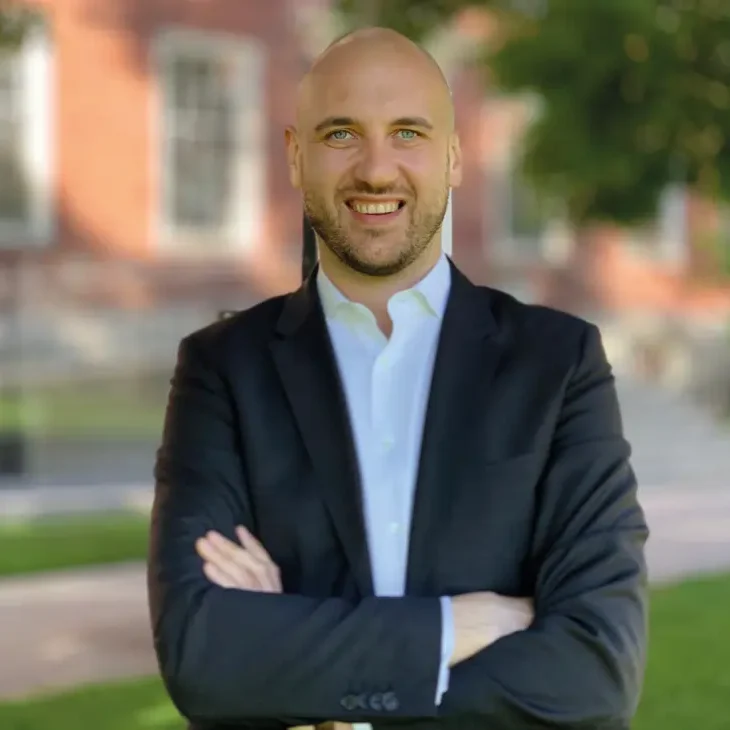
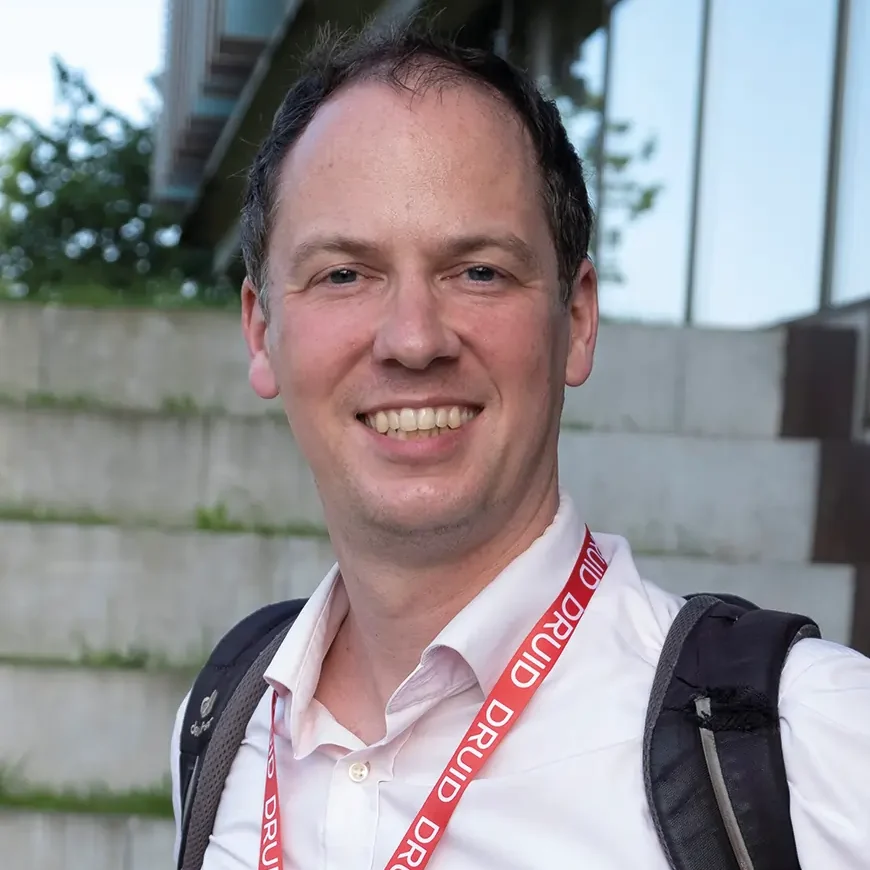
About the authors
Stanislav Vavilov (left) is an Assistant Professor of Management at the Dolan School of Business, Fairfield University. He studies social and sustainability entrepreneurship. Stephan Manning is a Professor of Strategy and Innovation at the University of Sussex Business School, and an independent filmmaker. His research focuses on responses to global societal challenges, social innovation and entrepreneurship, global value chains, and films as vehicles for social change.
RECENT ARTICLES
-
 Managing cross-border risks in B2B e-commerce
Managing cross-border risks in B2B e-commerce -
 Research highlights rise of 'solopreneurs' as technology reshapes small business ownership
Research highlights rise of 'solopreneurs' as technology reshapes small business ownership -
 Human resources at the centre of organisational transformation
Human resources at the centre of organisational transformation -
 UK government sets up Women in Tech taskforce amid gender imbalance concerns
UK government sets up Women in Tech taskforce amid gender imbalance concerns -
 Liechtenstein lands AAA rating again as PM hails “exceptional stability”
Liechtenstein lands AAA rating again as PM hails “exceptional stability” -
 The Parisian business school quietly reinventing the MBA
The Parisian business school quietly reinventing the MBA -
 UK entrepreneur who founded £1bn firm acquires UAE amateur golf leader to launch world amateur Super League
UK entrepreneur who founded £1bn firm acquires UAE amateur golf leader to launch world amateur Super League -
 Why your home is the best place to teach children leadership
Why your home is the best place to teach children leadership -
 Inside the Spring 2025 Edition of The European
Inside the Spring 2025 Edition of The European -
 The Paris MBA designed for real-world leadership
The Paris MBA designed for real-world leadership -
 Soft2Bet reflects on eight years of leadership and philanthropy in new film featuring CEO Uri Poliavich
Soft2Bet reflects on eight years of leadership and philanthropy in new film featuring CEO Uri Poliavich -
 Global Banking School celebrates ‘milestone’ anniversary
Global Banking School celebrates ‘milestone’ anniversary -
 Saudi Arabia hosts the fourth Riyadh International Humanitarian Forum
Saudi Arabia hosts the fourth Riyadh International Humanitarian Forum -
 New York Congresswoman pushes for Trump’s birthday to be enshrined as federal holiday
New York Congresswoman pushes for Trump’s birthday to be enshrined as federal holiday -
 Red light, green bite: Netflix restaurant opens in Vegas
Red light, green bite: Netflix restaurant opens in Vegas -
 Read our Cybersecurity Focus supplement, featuring insights from Information Security Forum
Read our Cybersecurity Focus supplement, featuring insights from Information Security Forum -
 Davos World Economic Forum 2025: Collaboration for the Intelligent Age
Davos World Economic Forum 2025: Collaboration for the Intelligent Age -
 The European releases its Winter 2024/25 edition
The European releases its Winter 2024/25 edition -
 Read our FDI Focus supplement, featuring insights from Michael Lohan of IDA Ireland
Read our FDI Focus supplement, featuring insights from Michael Lohan of IDA Ireland -
 PizzaExpress to Expand Dough Base Stateside
PizzaExpress to Expand Dough Base Stateside -
 The two core skills middle managers need to navigate stormy weather
The two core skills middle managers need to navigate stormy weather -
 The Role of Financial Regulations in the Online Casino Industry
The Role of Financial Regulations in the Online Casino Industry -
 How to become a game-changer
How to become a game-changer -
 Taking the risk out of BOP ventures
Taking the risk out of BOP ventures -
 Releaf leading the way with marketing
Releaf leading the way with marketing






